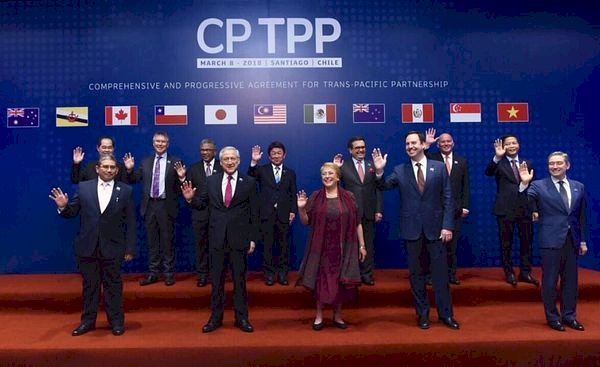China may end up losing its bid for the CPTPP
The CPTPP is an 11-countries mega trade pact, which was formed in 2018 right after Donald Trump started pulling the U.S. out of the Trans-Pacific Partnership (TPP) a year earlier

China is anticipated to fail in its bid for joining the Comprehensive and Progressive Trans-Pacific Partnership (CPTPP). However, the nations’s strategy to submit an application has spotlighted the lack of United States in economic policy across the Asia-Pacific. The CPTPP is an 11-countries mega trade pact, which was formed in 2018 right after Donald Trump started pulling the U.S. out of the Trans-Pacific Partnership (TPP) a year earlier. President Barack Obama had started and negotiated the TPP for widening the United States economic engagement across the Asia-Pacific and counter China’s rising influence in the region.
All of the 11 countries that happen to be the signatories of the CPTPP have to agree to China’s request of joining before China can be admitted as a member. The countries in the CPTPP include: Australia, Canada, Brunei, Japan, Chile, Mexico, Malaysia, Peru, New Zealand, Vietnam and Singapore. The allies of United States present in the CPTPP including Australia, Japan and Canada have been increasingly eyeing the Chinese as a strategic threat, and they could end up blocking China’s application. Beijing would have to make substantial concessions across many issues for rebuilding its goodwill with them. With an absence of a momentous shift in the Chinese policy, the consent of these countries towards China grows to be doubtful.
In addition to this, China may have to undergo some difficulties while meeting the CPTPP provisions and requirements that promote cross-border data, environmental and labor protection, and restrictions over state-owned companies. Many of the trade experts have stated that it won’t be that difficult for China in meeting these requirements in the mega trade pact. The reason is that the CPTPP is less ambitious than the earlier reforms of TPP and has adequate exceptions and wide loopholes that could end up helping the Chinese in complying with the more provisions.






























